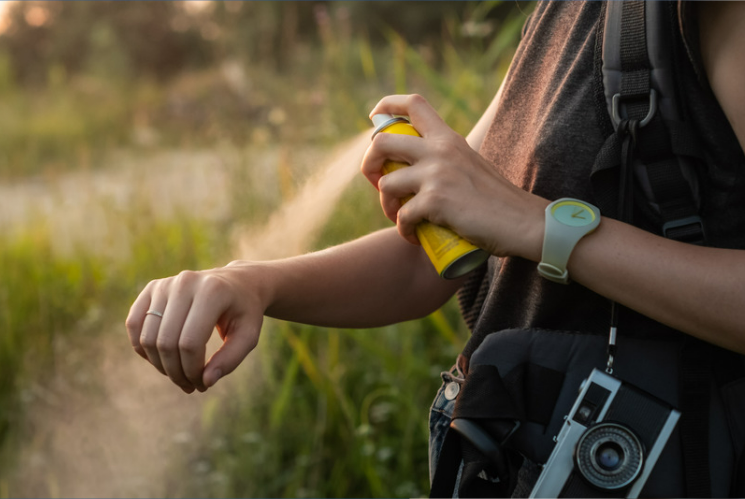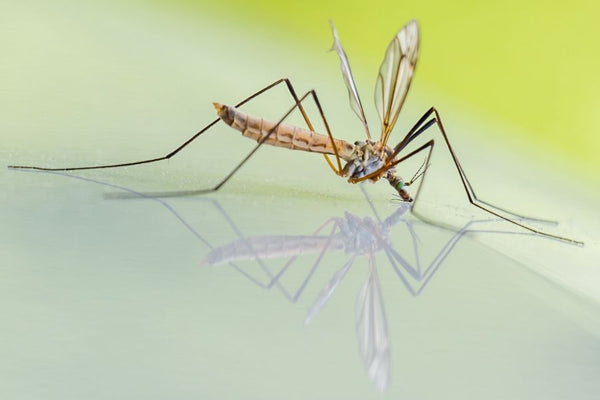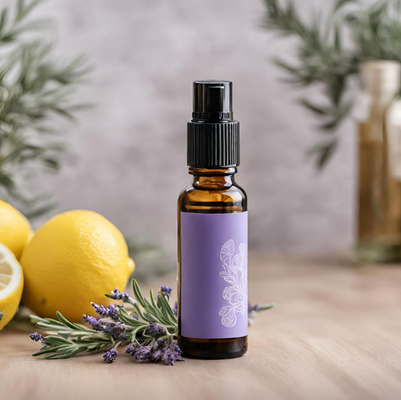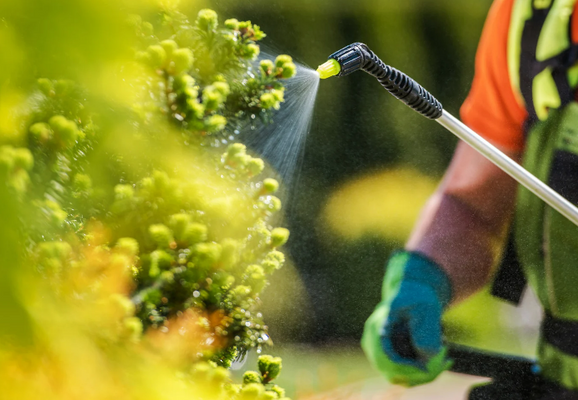The Mace Granular works very well as the neighbor's cat stop using my lawn for their toilet. I also apply some along the fence .
I used a couple of other cat repellents that were spotty performers. I used Cat Mace according to directions and it was like an electric fence in a bottle. My cats quickly decided that they needed to be anywhere else. This stuff does the job!
My entire back yard has been eaten by rabbits and squirrels, 2000 sq. ft. I am saving my front yard (2000 sq. ft.) by using Rabbit Mace. It is a bit pricey as I am retired but it does the job. Northern Nevada.








